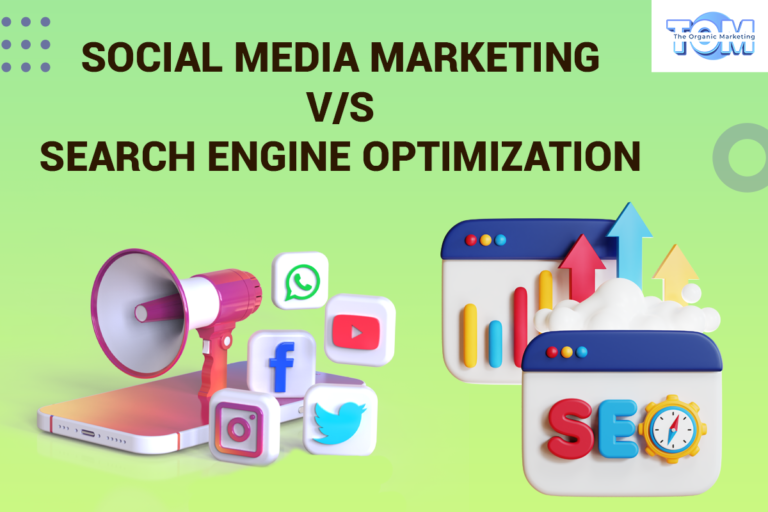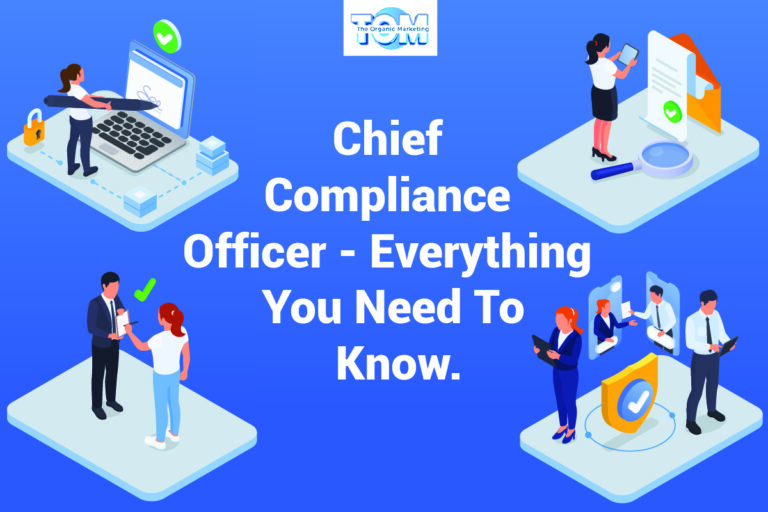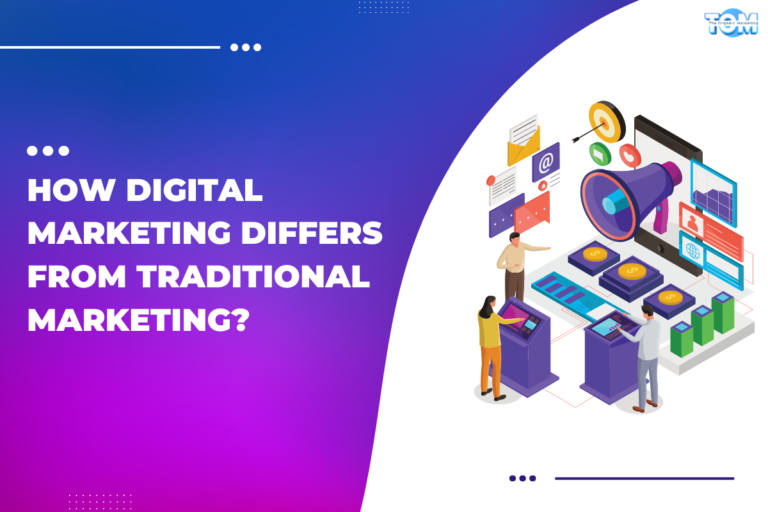Empowering Engagement: Zero-Party Data Strategies Unveiled
Welcome to the era of zero-party data strategies, where brands prioritize transparency, trust, and value exchange to cultivate deeper connections with consumers. In this blog post, we’ll explore the concept of zero-party data, its significance in a privacy-conscious landscape, and strategies for leveraging this valuable resource to enhance personalization, drive engagement, and foster brand loyalty.
Understanding Zero-Party Data: Zero-party data refers to the information that consumers willingly and proactively share with brands, typically through direct interactions, surveys, preference centers, and other explicit means. Unlike first-party data, which is collected passively, zero-party data is explicitly provided by the consumer, offering valuable insights into their preferences, interests, and intentions.
Key Benefits of Zero-Party Data:
- Enhanced Personalization: Zero-party data enables brands to create highly personalized experiences tailored to individual preferences and needs. By understanding consumers’ explicit preferences and interests, brands can deliver relevant content, product recommendations, and offers that resonate on a deeper level.
- Increased Trust and Transparency: By empowering consumers to control the data they share and how it’s used, zero-party data strategies build trust and transparency between brands and consumers. By respecting consumer preferences and privacy choices, brands can foster stronger relationships and loyalty over time.
- Greater Relevance and Value Exchange: Zero-party data exchanges are based on a value proposition, where consumers willingly share information in exchange for personalized experiences, exclusive offers, or other incentives. By providing tangible value in return for data, brands can create mutually beneficial relationships that drive engagement and loyalty.
- Compliance with Privacy Regulations: With growing concerns about data privacy and regulations such as GDPR and CCPA, zero-party data strategies offer a compliant approach to data collection and usage. By obtaining explicit consent and respecting consumer preferences, brands can mitigate privacy risks and ensure compliance with regulatory requirements.
Strategies for Zero-Party Data Success:
- Implement Interactive Experiences: Create interactive experiences such as quizzes, surveys, and preference centers to encourage consumers to share their preferences and interests willingly. Offer incentives or exclusive benefits in exchange for participation to maximize engagement and data collection.
- Enable Transparent Data Collection: Clearly communicate how consumer data will be used and provide options for consumers to control their data preferences. Implement consent management tools and preference centers that empower consumers to make informed choices about the data they share and how it’s utilized.
- Personalize Across Touchpoints: Leverage zero-party data to personalize experiences across all touchpoints, including websites, emails, social media, and offline channels. Use consumer preferences to tailor content, recommendations, and offers to individual interests, driving relevance and engagement at every interaction.
- Continuously Iterate and Improve: Monitor consumer feedback and engagement metrics to iterate and refine your zero-party data strategies over time. Use insights from consumer interactions to optimize data collection processes, improve personalization efforts, and enhance the overall customer experience.
Conclusion: Zero-party data strategies represent a paradigm shift in how brands collect, utilize, and value consumer data, placing control and transparency in the hands of the consumer. By embracing zero-party data and prioritizing trust, transparency, and value exchange, brands can create personalized experiences that resonate with consumers on a deeper level, driving engagement, loyalty, and long-term advocacy.
Ready to unlock the power of zero-party data and transform your marketing strategy? Connect with us at The Organic Marketing to learn how we can help you leverage zero-party data strategies to drive engagement, enhance personalization, and build stronger relationships with your audience. Let’s embark on a journey of empowerment and engagement together.





